Mexico stops issuing travel docs, adding to migration chaos
Mexico heavily cracked down on giving travel permits to migrants Friday, hampering their ability to legally head through the country to the border with the United States, a day after the expiration of Title 42.
The National Institute of Migration [INM] ordered its offices across the country to stop issuing Multiple Immigration Forms, temporary permits that allowed people to legally pass through the country.
“[The INM]…ordered all immigration offices in all states not to grant Multiple Immigration Forms, or any other document that authorizes transit through the country,” according to a fact sheet shared at a conference by Mexican President Andrés Manuel López Obrador.
In Tapachula, less than 30 minutes from the Guatemala border in the south of the country, the INM had established a mobile office at Ecological Park, where earlier this week The Post photographed thousands of migrants handing themselves in to get the travel permits.
Officials have reportedly given out tens of thousands of temporary permits to migrants coming into the country allowing them to legally traverse the country for 45 days.
With Title 42 expiring, however, officials shuttered and dismantled the office by Thursday night. An INM official at the park attributed the move to needing to clean and maintain the park.
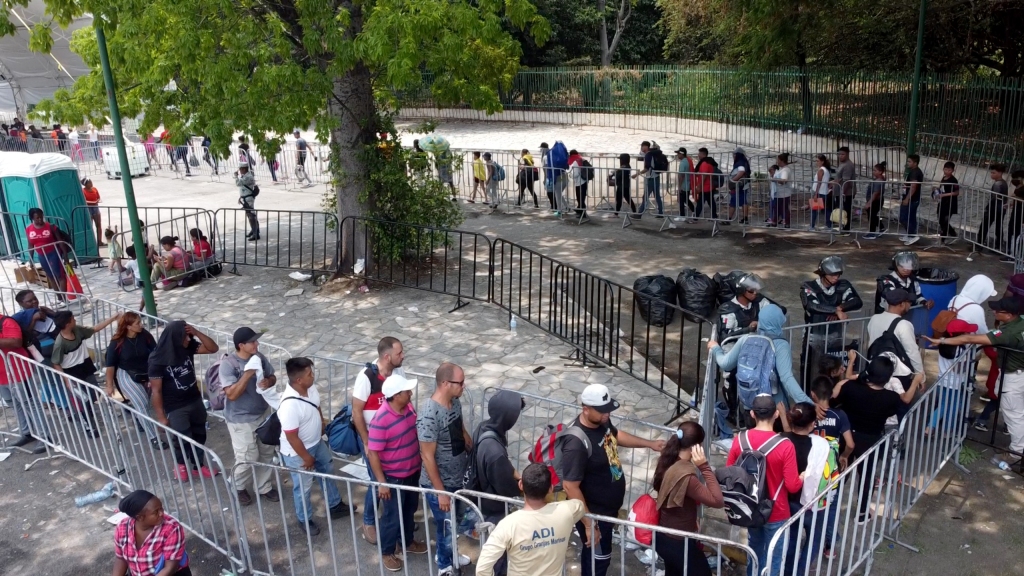
On Friday shelter directors said the government handing out the permits, which has happened over the last few weeks, has had a significant impact on the length and number of migrants’ staying in their city, as most quickly moved on.
“For sure it’s [because of] the stamp,” Humberto Bermudez, an administrator at the shelter “Jesus the Good Pastor” said, referring to the temporary permits.
Bermudez sadi at his shelter the number of migrants sleeping in his beds had dropped from 1700 less than a month ago to just 500 people this week.
“[If] officials are giving the stamp freely and so fast, people don’t stay in the shelter for long. They’re free to go.
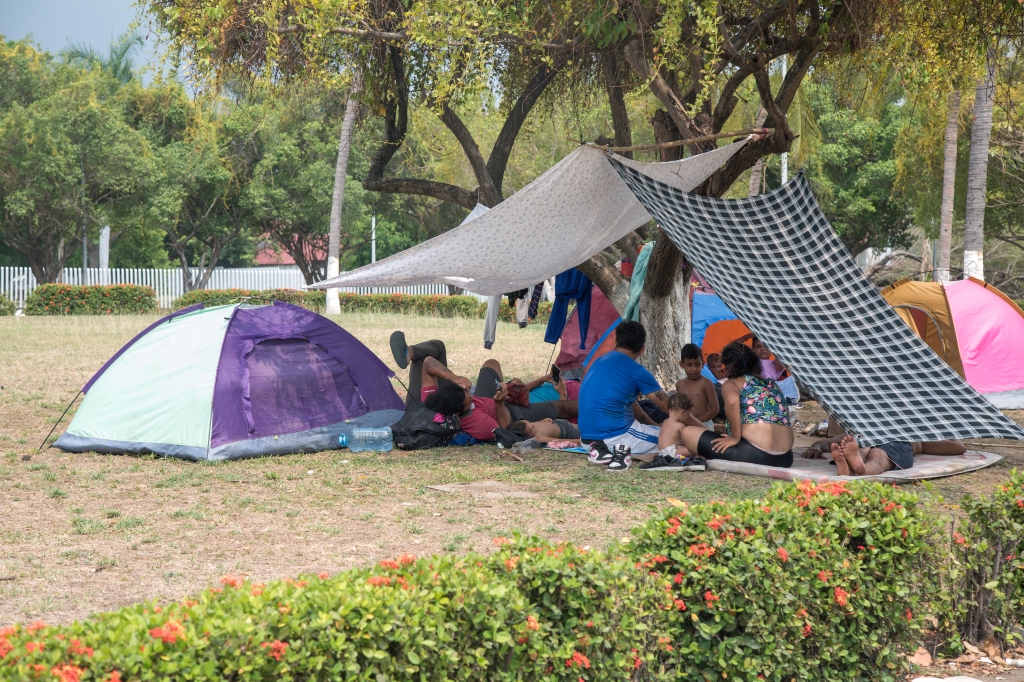
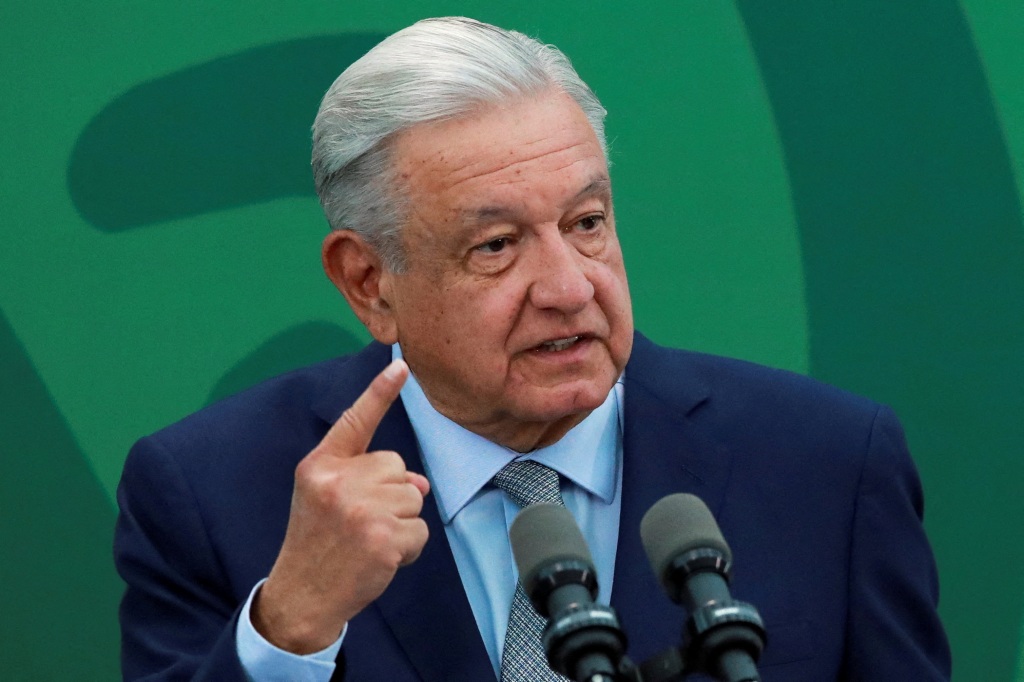
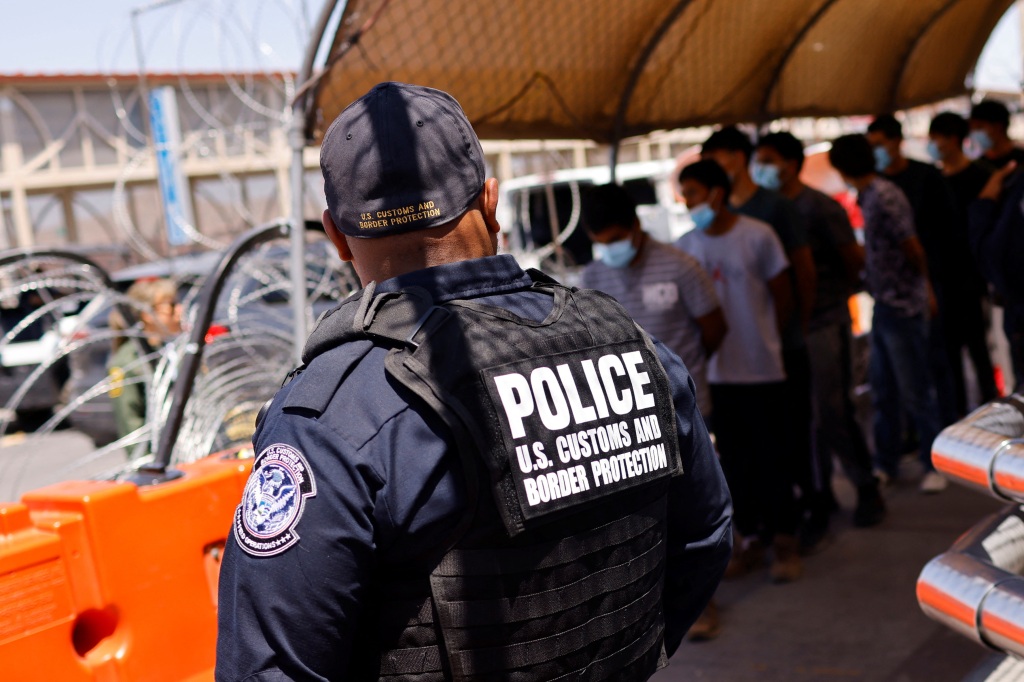
However, on Friday, when hundreds of migrants returned to the park, many fretted to The Post that they were confused over whether they’d be able to obtain the documents and continue their journey to the United States.
“If we don’t have the permit, we will [get] arrested again by immigration,” said Huang Qing, who had traveled to Mexico from Hubei province in China.
Some migrants hoped that four white Touristar buses idling in front of the park would take them to another city, where they might receive the necessary documents.”My friends got on one of the vans last night, at 4 a.m…and they took him to Tuxtla [Gutierrez] and he received a 20 day permit,” said Ronald Camargo, 41.
Camargo, who just arrived in Tapachula yesterday from Venezuela, admitted that he was worried about how he would continue his journey with Title 42 ending.
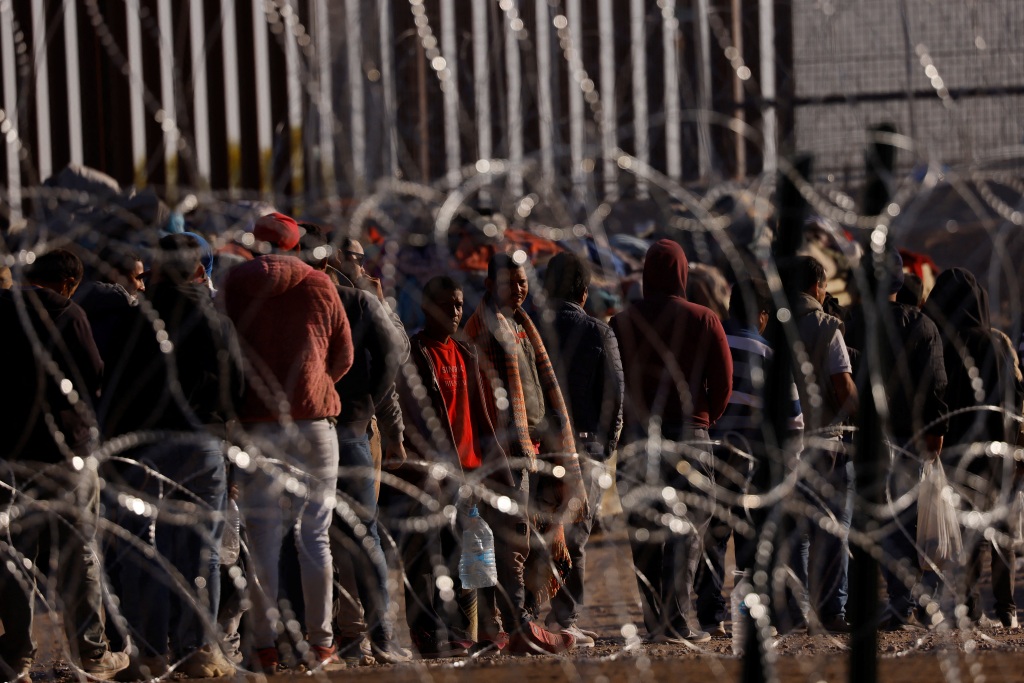
But thanks to the news from his friend, he said: “I’ve still got hope I’m gonna get it.”
Officials in the north of Mexico have said they are also currently overwhelmed with migrants, counting 26,560 in shelters around the US-Mexico border on May 11, according to a fact sheet produced by Foreign Minister Marcelo Ebrard.
A nonprofit official told The Post that in Tuxtla, migration officials are giving out 20-day forms “to leave the country.”
“Normally they should leave from the nearest border,” they said, but migrants are instead using them “to continue north.
”Giovanni Lepri, a UNHCR representative in Mexico, slammed the government’s decision to stop providing the temporary permits as short-sighted.
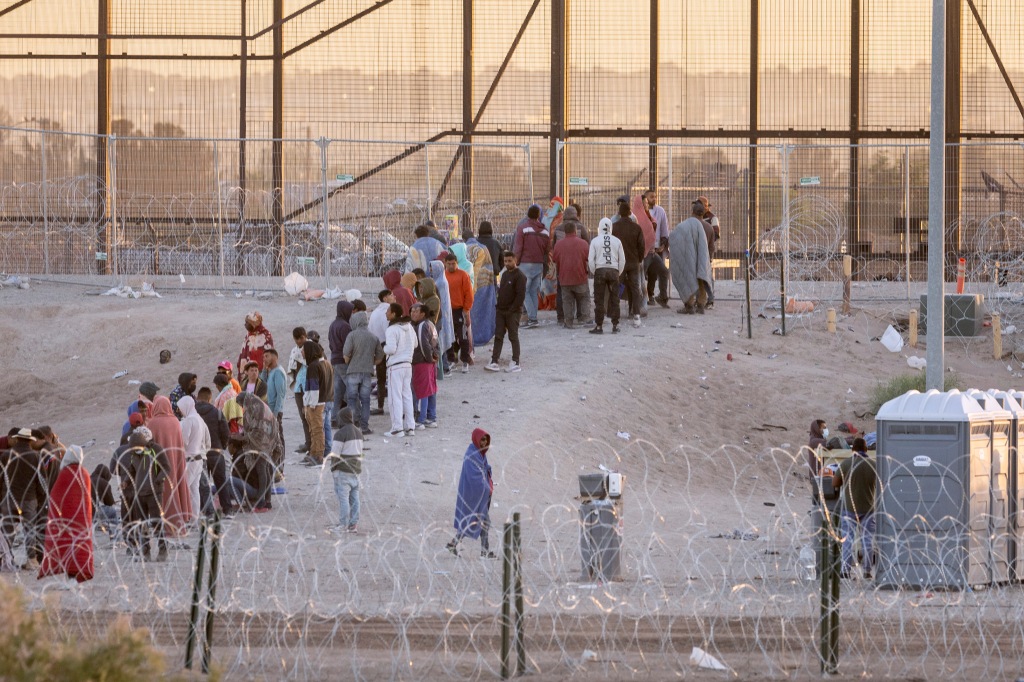
“One of the impacts in Mexico of the end of [Title 42] is the increased pressure on the already overstretched [Mexican Commission for Refugee Aid] with the risk of collapsing,” Lepri told The Post. “Reinforced access to asylum should go hand in hand with migratory alternatives.
”The confusion over whether migrants ultimately will be able to obtain temporary permits isn’t dissuading migrants like Cruz Peraza, 36, a coffee grower from Venezuela.
Peraza, who was traveling with 14 others from his homeland, said they already invested money and personal trauma in their journey to the United States, including being robbed by Guatemalan policemen and having their female companions groped by officers.
“Even if I have to ride a donkey, whatever chance I get to get to the north border, I’ll do whatever I can,” Peraza said. “We don’t have a plan but we have good intentions to work.”
On Wednesday, INM said it was temporarily halting operations at 33 of its migration detention centers while the National Human Rights Commission (CNDH) conducts an investigation of the facilities’ conditions.
The investigation came more than a month after a massive fire broke out at a detention center in Ciudad Juarez, which killed 40 people and left others injured.The centers, which combined can house more than 1,300 individuals, will remain closed until CNDH finishes inspecting the sites and issues a report on its findings.
Read the full article Here


